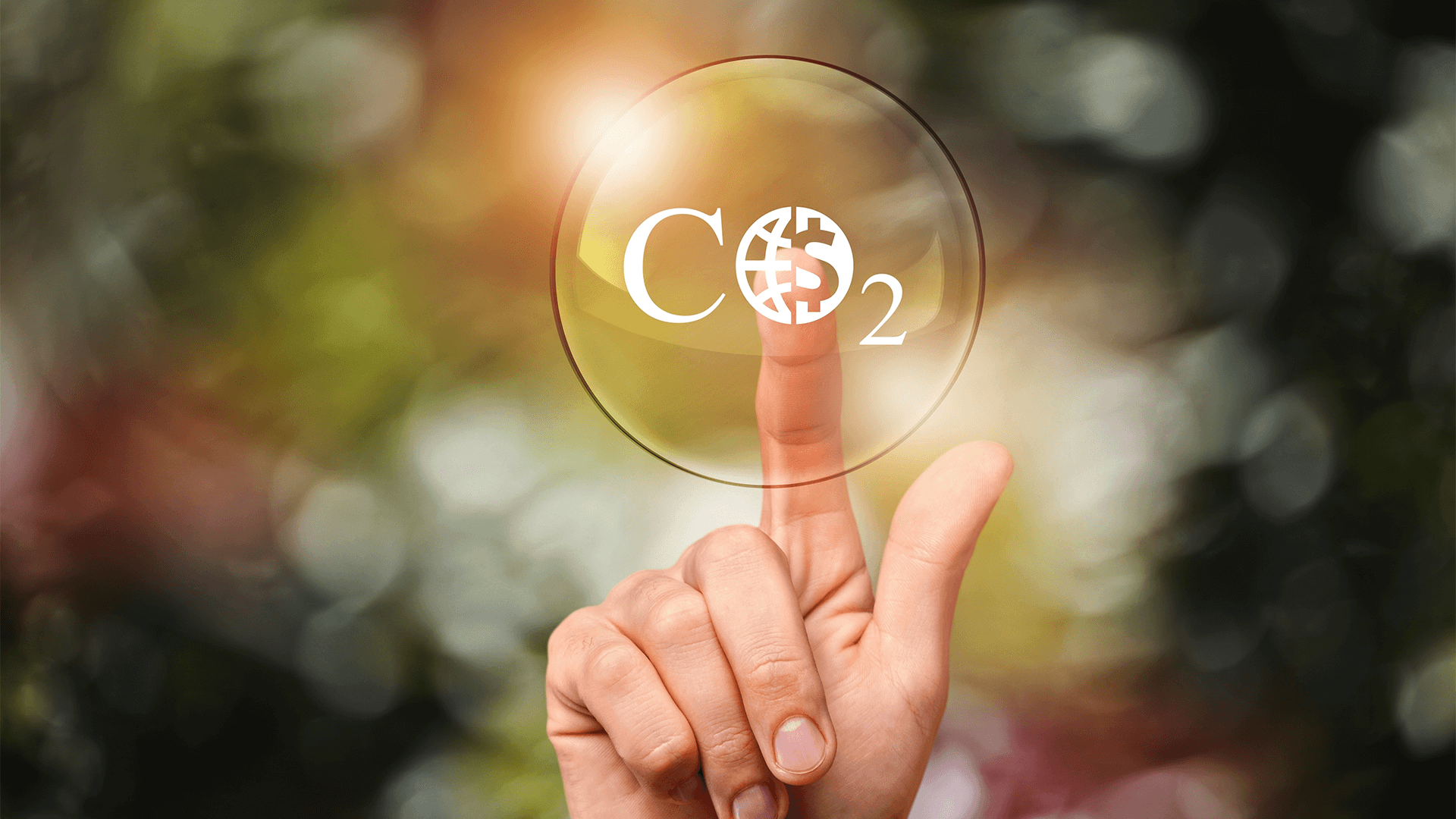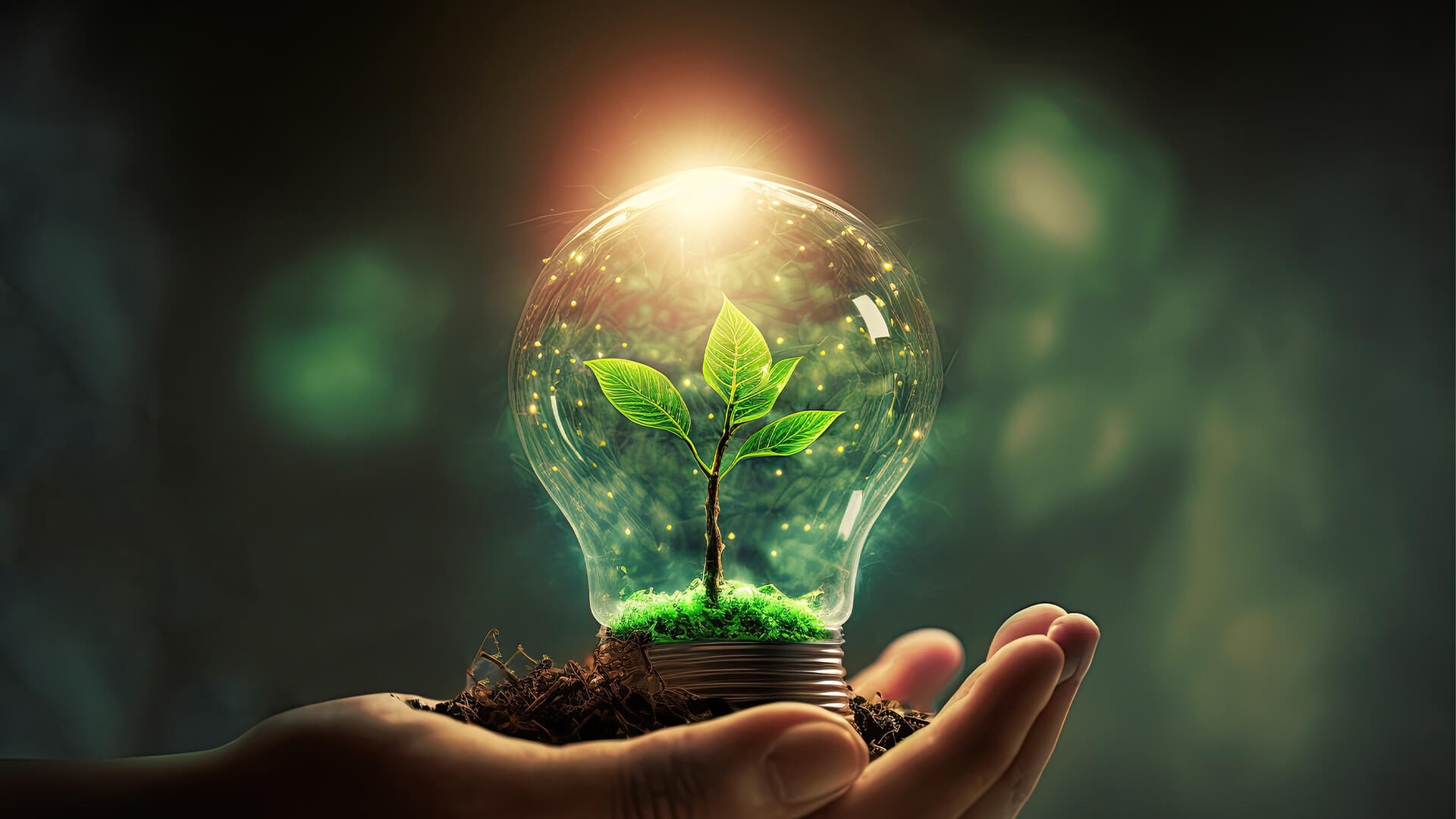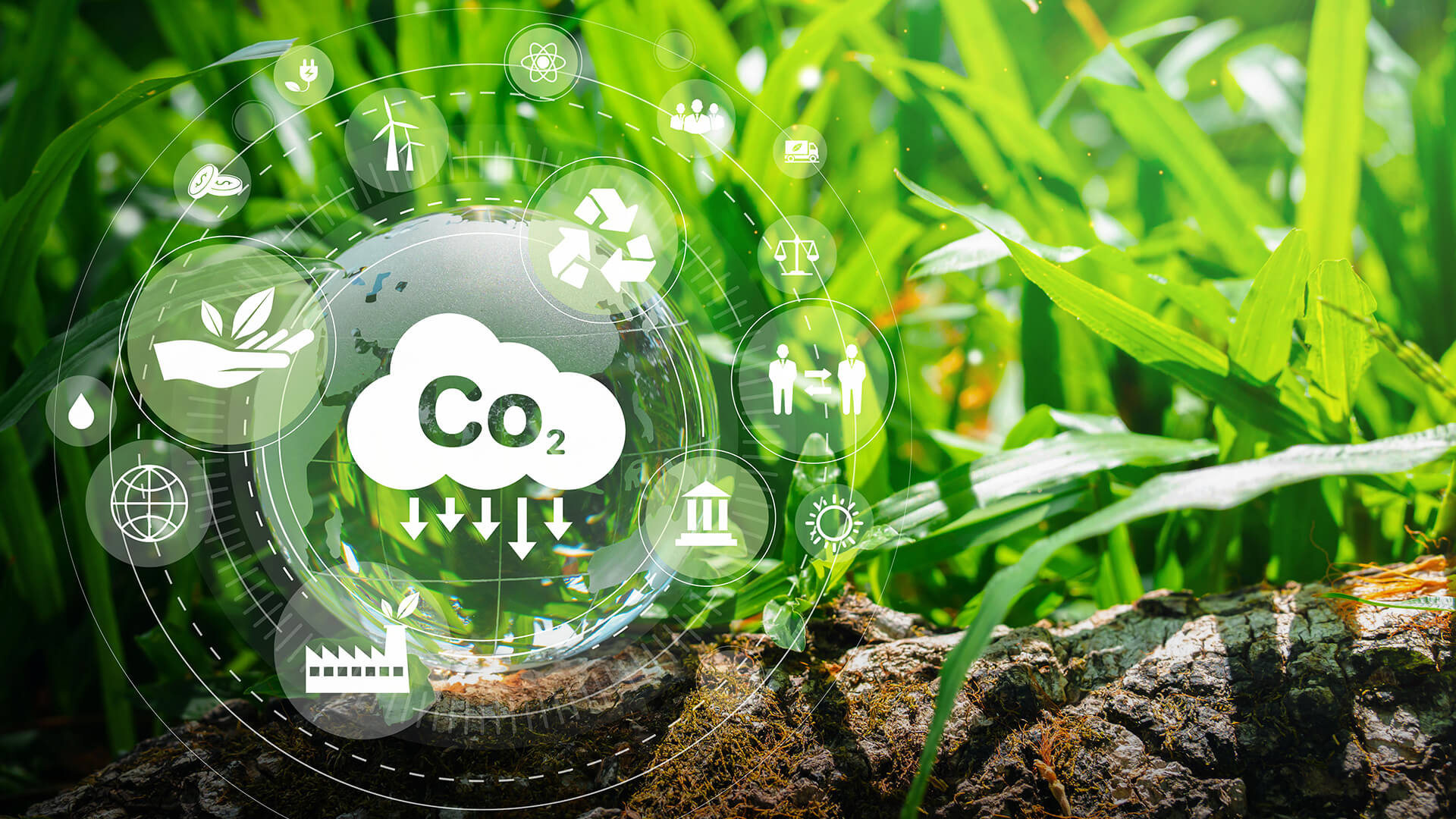
Green technologies – those used to produce goods and services with smaller carbon footprints – are growing and providing increasing economic opportunities but many developing countries could miss them unless national governments and the international community take decisive action.
UNCTAD’s Technology and Innovation Report 2023 published on 16 March warns that economic inequalities risk growing as developed countries reap most of the benefits of green technologies such as artificial intelligence, the Internet of Things and electric vehicles.
“We are at the beginning of a technological revolution based on green technologies,” UNCTAD Secretary-General Rebeca Grynspan said. “This new wave of technological change will have a formidable impact on the global economy. Developing countries must capture more of the value being created in this technological revolution to grow their economies.”
Ms. Grynspan added: “Missing this technological wave because of insufficient policy attention or lack of targeted investment in building capacities would have long-lasting negative implications.”
Growing market size, widening tech gap
UNCTAD estimates that the 17 frontier technologies covered in the report could create a market of over $9.5 trillion by 2030 –about three times the current size of the Indian economy. But so far, developed economies are seizing most of the opportunities, leaving developing economies further behind.
The total exports of green technologies from developed countries jumped from around $60 billion in 2018 to over $156 billion in 2021. In the same period, exports from developing nations rose from $57 billion to only about $75 billion. In three years, developing countries’ share of global exports fell from over 48% to under 33%.
UNCTAD’s analysis shows that developing countries must act quickly to benefit from this opportunity and move to a development trajectory leading to more diversified, productive and competitive economies. Previous technological revolutions have shown that early adopters can move ahead quicker and create lasting advantages.
Developing countries least ready to use frontier technologies
The report includes a “frontier technology readiness index” that shows that very few developing countries have the capacities needed to take advantage of frontier technologies. These include blockchain, drones, gene editing, nanotechnology and solar power.
Green frontier technologies such as electric vehicles, solar and wind energy, and green hydrogen are expected to reach a market value of $2.1 trillion in 2030 – four times greater than their value today. Market revenues for electric vehicles could rise five times to reach $824 billion by 2030 from today’s value of $163 billion.
The index ranks 166 countries based on ICT, skills, research and development, industrial capacity and finance indicators. It’s dominated by high-income economies, notably the United States, Sweden, Singapore, Switzerland and the Netherlands.
Although developing countries are the least prepared to use frontier technologies, several economies in Asia have made important policy changes that have enabled them to perform better than expected according to their GDP per capita.
India remains the greatest overperformer, ranking at 67 positions better than expected, followed by the Philippines (54 positions better) and Viet Nam (44 better).
The index shows that countries in Latin America, the Caribbean and sub-Saharan Africa are the least ready to harness frontier technologies and are at risk of missing current technological opportunities.
Strong government efforts are needed
To benefit from the green tech revolution, proactive industrial, innovation and energy policies targeting green technologies are needed in developing countries, said Shamika N. Sirimanne, director of UNCTAD’s technology and logistics division. “Developing countries need agency and urgency in coming up with the right policy responses.”
Ms. Sirimanne added: “As developing countries respond to today’s urgent interconnected crises, they also need to take strategic, long-term action to build innovation and technological capacities to spur sustainable economic growth and increase their resilience to future crises.”
UNCTAD calls on governments in developing countries to align environmental, science, technology, innovation and industrial policies. It urges them to prioritize investment in greener and more complex sectors, to provide incentives to shift consumer demand towards greener goods and to boost investment in research and development.
Developing countries should also urgently boost technical skills and scale up investments in ICT infrastructure, addressing the connectivity gaps between small and large firms and between urban and rural regions.
An enabling international trading environment is critical
But developing countries can’t take advantage of green technologies on their own. Much of the success of their domestic policies will depend on global cooperation through international trade, which would require reforms to existing trade rules to ensure consistency with the Paris Agreement to tackle climate change.
The report says international trade rules should permit developing countries to protect emerging green industries through tariffs, subsidies and public procurement – so that they not only meet local demand but also reach the economies of scale that make exports more competitive.
International support to transfer green technologies to developing countries is also critical. The report proposes the application of principles that were invoked against the COVID-19 pandemic, when some countries were allowed to produce and supply vaccines without the consent of the patent holder. This would offer manufacturers in developing countries quicker access to key green technologies.
It says international trade and related intellectual property rules should provide more flexibility for developing countries to put in place industrial and innovation policies to nurture their nascent industries so that new green technology sectors can emerge there.
The report also calls for an international programme of guaranteed purchase of tradable green items, coordinated green technology research at the multinational level, increased support for regional centres of excellence for green technologies and innovation, and a multilateral fund to stimulate green innovations and enhance cooperation between countries.











